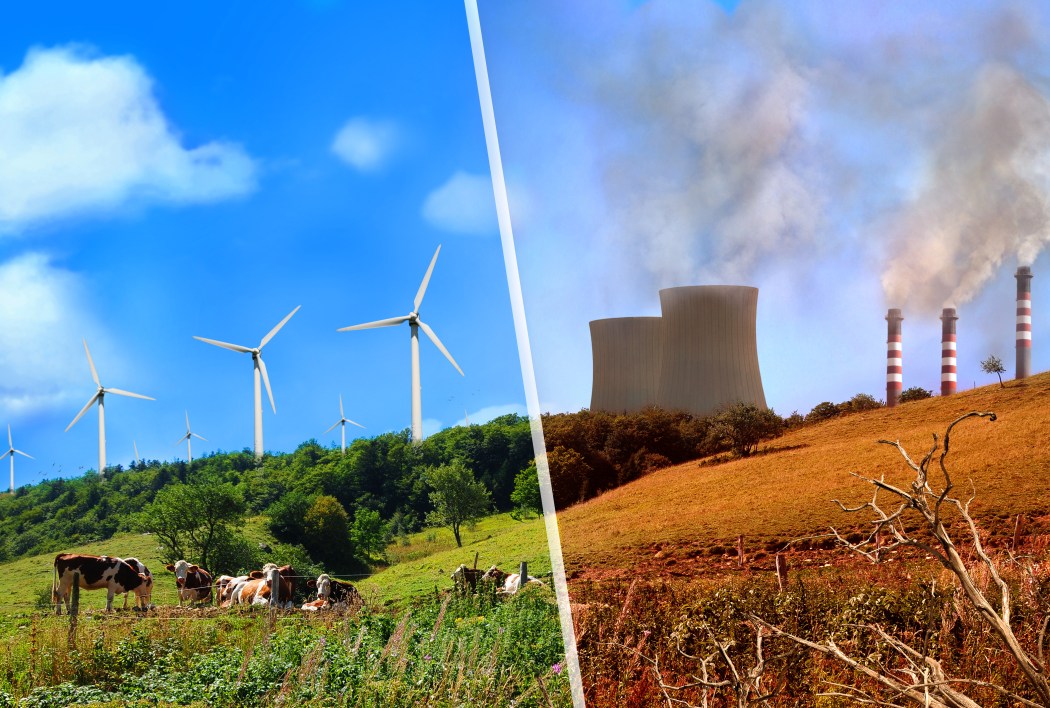DOE to focus on diversified energy mix, security
- July 20, 2016
- 0

Following President Rodrigo Duterte’s remarks on the Paris agreement, Energy secretary Alfonso Cusi emphasized the need to form a balanced energy policy that involves both fossil fuel and renewable energy sources.
“We will chart our own course in so far as energy is concerned to ensure energy supply security considering that developing countries like the Philippines have low carbon emissions. President Duterte is correct in saying that the country is still in the process of industrialization. We must therefore use whatever energy resources are available and affordable for power generation,” Cusi said in a statement yesterday.
The secretary said the country needs a diversified energy mix that can meet the country’s specific economic requirements.
“While we signed the Paris agreement last year committing ourselves to limit our carbon emissions, we cannot ignore the fact that our level of economic development at this point does not allow us to rely completely on renewable energy sources or clean energy,” he said.
On Monday, President Duterte said he will not honor the Paris agreement because it limits the growth of developing countries by forcing them to adapt to using only renewable energy sources and requiring them to cut carbon emissions as they enter industrialization.
Philippine Movement for Climate Justice (PMCJ) said rich countries like the United States are responsible for the climate crisis because they do not own up to their responsibility in keeping the temperature from rising.
PMCJ national coordinator Ian Rivera said, “The President is actually invoking historical responsibility enshrined in United Nations Climate Change Convention.”
“The climate crisis has worsened to unprecedented level due to dilly dallying of rich countries. In fact, the Paris Agreement was long overdue. However, it is difficult now to do away with this global consensus. It will mean going back to several decades of climate negotiations with very little time left before climate catastrophe,” Rivera said.
The Department of Energy (DOE) is in talks with the National Economic Development Authority (NEDA), the Department of Environment and Natural resources (DENR) and the Climate Change Commission to formulate a balanced energy police for the Philippines.
“The DOE stands firm in promoting energy efficiency and conservation to complement its thrust for clean energy development following the country’s Intended Nationally Determined Contributions on climate change mitigation efforts,” Cusi said.